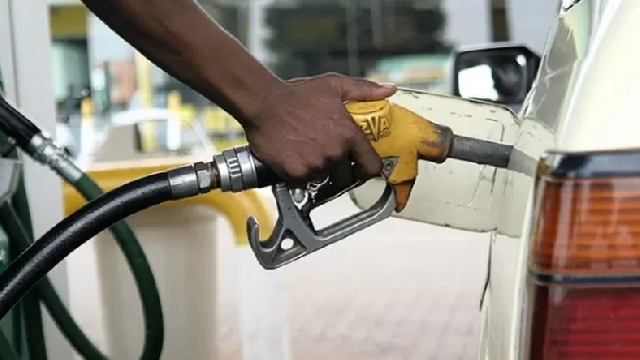
By Emmanuel Amoah
The Chamber of Petroleum Consumers (COPEC) has notified Ghanaians of an imminent 4% increase in fuel prices, effective Tuesday, July 16, 2024. The announcement has sparked concerns among consumers and stakeholders about the potential impact on transportation costs and the prices of goods and services.
This price hike follows a period of relative stability in fuel prices. The 4% increase will affect both petrol and diesel, putting additional financial pressure on many Ghanaians.
In a statement issued on Sunday, July 14, 2024, COPEC attributed the expected hike to the further depreciation of the cedi against the dollar. The exchange rate has shifted from an average of USD1.2779 to USD1.462, reflecting a -1.205% depreciation.
“Indications across the downstream petroleum market show that the pump retail prices of all three products – Petrol, Diesel, and LPG – will increase on Tuesday,” COPEC stated.
According to COPEC, petrol prices are expected to rise to GHS14.795 per litre, and diesel to GHS15.332 per litre, with the mean price for both petrol and diesel at GHS15.064 per litre. LPG is projected to be sold at GHS16.205 per kilogram, with a 14.5 kg LPG cylinder anticipated to cost GHS234.97.
COPEC confirmed that the impending price increase is driven by various factors, including fluctuations in global oil prices, exchange rate dynamics, and other industry-related costs. The chamber emphasized that the increase is unavoidable given the current market conditions.
The fuel price hike is expected to have a ripple effect on the economy, leading to higher transportation costs, increased prices for goods and services, and a potential surge in inflation. Many Ghanaians are preparing for the additional financial burden, which may further erode their purchasing power.
As the prices are set to change on Tuesday, July 16, 2024, consumers are advised to brace for the adjustment and explore ways to mitigate the impact on their finances.
COPEC’s announcement serves as a timely reminder of the volatile nature of fuel prices and the need for continued vigilance in monitoring and managing the effects of price fluctuations.





